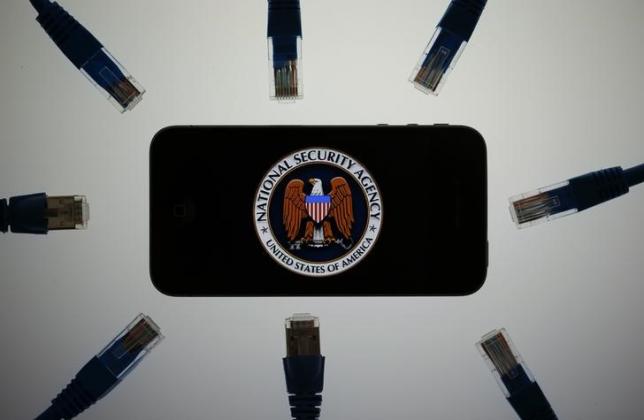
The National Security Agency finally shut down its bulk phone surveillance on Sunday and will no longer be able to collect metadata, according to the Office of the Director of National Intelligence.
Back in May, the U.S. appeals court ruled that the Patriot Act did not authorize bulk collection of citizens’ phone call data. A month later, Congress passed the USA Freedom Act, granting the NSA the power to continue snooping but with certain regulations; agents are required to get a court order and may only request one for relevant accounts related to specific investigations.
The new program allows authorities to only obtain the records of a person or device that is “specifically identified” in connection with a terrorist or criminal threat. Under the Freedom Act, the surveillance must be done in a way that “limits the scope of information sought to the greatest extent reasonably practicable.”
“The act struck a reasonable compromise which allows us to continue to protect the country while implementing various reforms,” National Security Council spokesman Ned Price said.
Shutting down the program was a long-awaited victory for privacy advocates and tech companies. The end comes two and a half years after the controversial program was exposed by former NSA contractor Edward Snowden and represents the greatest reduction of U.S. spying capabilities since they expanded following the 9/11 attacks.
Metadata collected by the NSA over the past five years will be preserved for “data integrity purposes” until February 29, 2016. After that, the NSA will eliminate all of its historic records once pending litigation is resolved.
Source: Reuters
Advertisement
Learn more about Electronic Products Magazine





